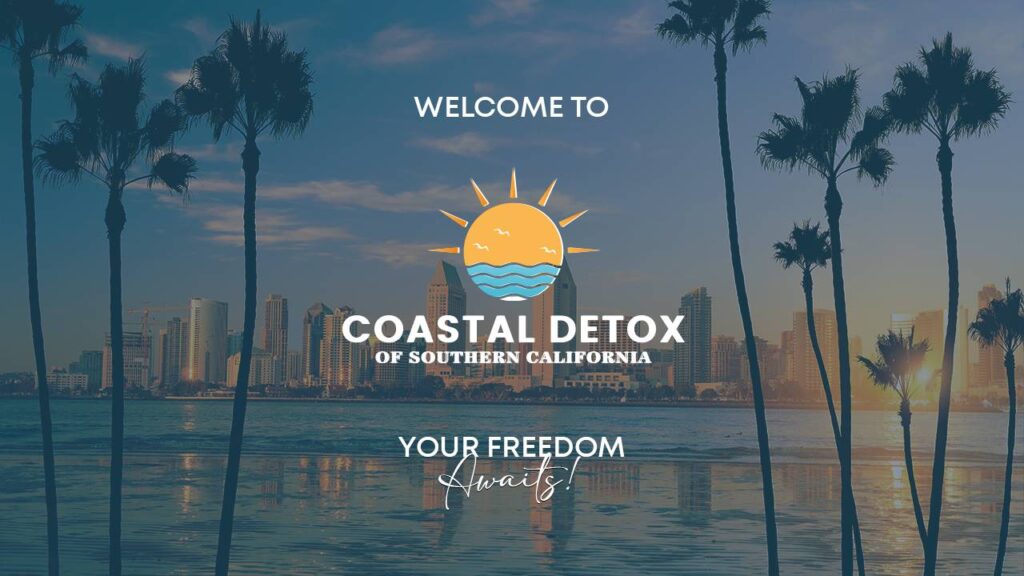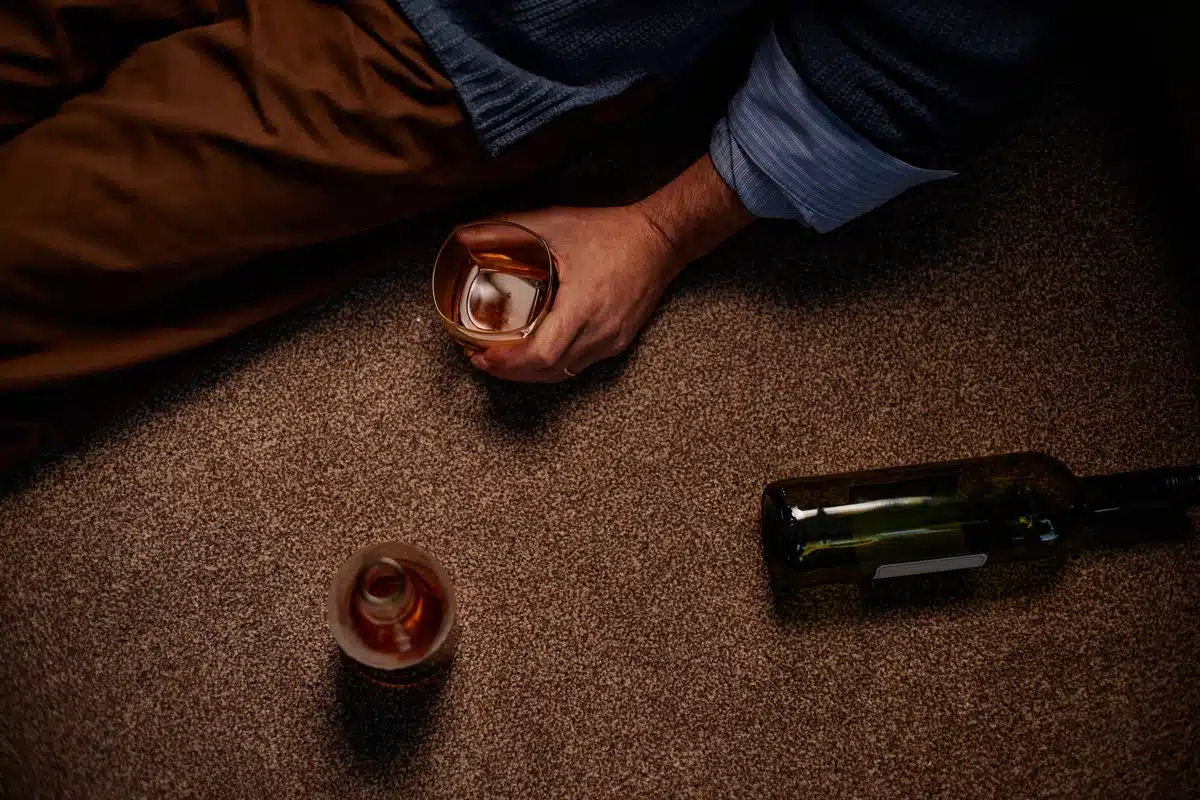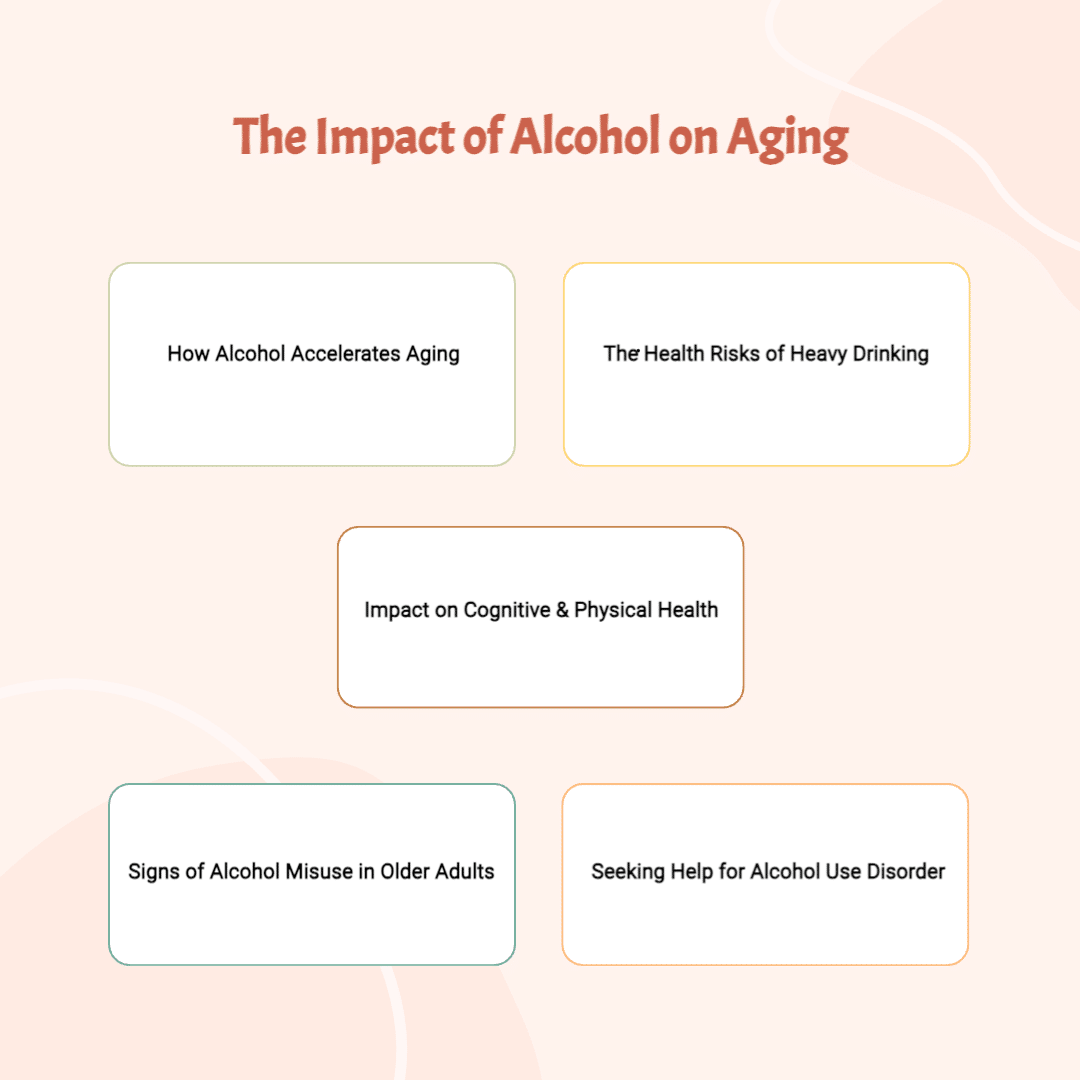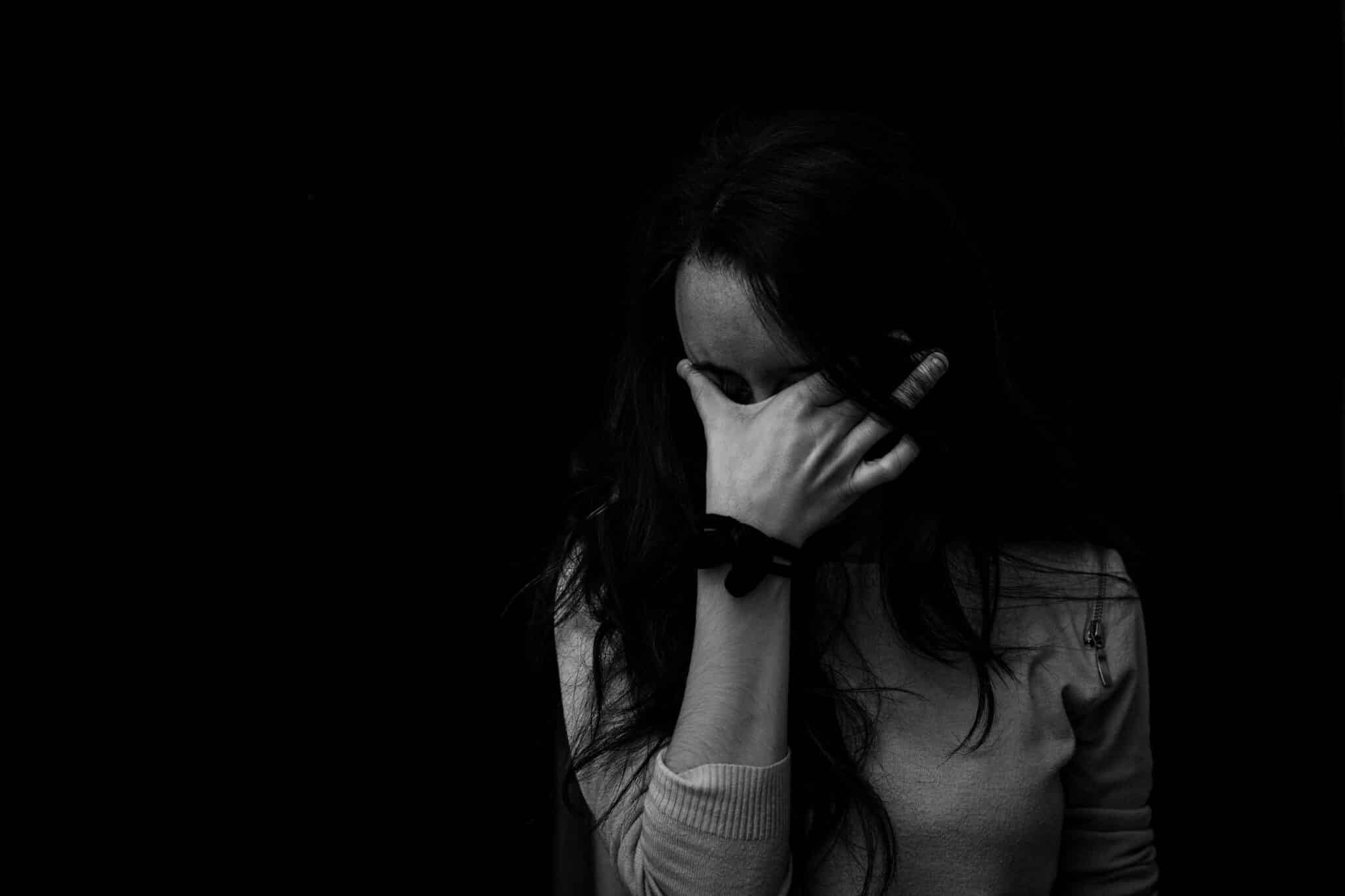If you’ve ever found yourself pouring a drink at the end of a long day—alone—you might’ve wondered: “Is this normal? Or is it something I should be worried about?” Drinking alone isn’t uncommon. But when it becomes a regular habit or a way to cope with stress, anxiety, or emotional pain, it can be a red flag worth paying attention to.
At Coastal Detox of Southern California, we understand that questioning your relationship with alcohol takes courage. Let’s explore what drinking alone might mean, when it becomes concerning, and how to know if it’s time to seek help for yourself or someone you care about.
What Does It Mean to Drink Alone?
Drinking alone means consuming alcohol without the company of others. This can happen at home, in a hotel room, or in any private space. For some people, it might be an occasional glass of wine while cooking or watching TV. For others, it can become a regular and isolating pattern.
Drinking by yourself doesn’t automatically mean you have a drinking problem. Many people do it occasionally. But when it becomes frequent, secretive, or emotionally driven, it can be a sign that alcohol is playing a bigger role in your life than it should.
Why Do People Drink Alone?
People drink alone for many reasons—some harmless, others more complicated. Here are a few common ones:
Stress relief: After a long or overwhelming day, some reach for alcohol as a quick way to unwind.
Loneliness or boredom: Solitary drinking may fill emotional gaps or give structure to idle time.
Avoidance or emotional numbing: If you’re using alcohol to block out anxiety, depression, trauma, or grief, you’re not alone—but it could be a sign of a deeper issue.
Habitual patterns: What starts as a once-in-a-while activity can slowly become a daily ritual without you realizing it.
If you feel you or a loved one might having a drinking problem, please call our team at 858-333-7396 and let’s talk.
Is Drinking Alone Always a Problem?
Not necessarily. There’s a difference between enjoying an occasional drink alone and developing a dependency on alcohol. The context and frequency of your drinking matter.
You may want to ask yourself:
- Am I drinking alone more often than I used to?
- Do I feel the need to drink to relax, sleep, or feel okay?
- Am I hiding or minimizing how much I drink?
- Do I feel ashamed about drinking alone?
If these questions stir discomfort, it could be your intuition trying to tell you something. While drinking alone isn’t always a sign of alcoholism, it can be an early indicator, especially when paired with emotional distress or growing dependence.
Warning Signs You May Be Developing a Problem
Here are some red flags that drinking alone may be turning into something more serious:
Increased frequency or quantity: You’re drinking more days of the week or consuming larger amounts than you used to.
Emotional reliance: You drink alone to escape, numb, or soothe negative emotions like sadness, anxiety, or anger.
Secrecy and shame: You feel the need to hide how often or how much you drink.
Loss of control: You often intend to have one drink but end up having several.
Negative consequences: Drinking alone has led to poor decisions, missed responsibilities, or regrettable behavior.
Withdrawal symptoms: You feel shaky, anxious, or irritable if you go too long without alcohol.
If any of this feels familiar, you’re not alone—and you’re not beyond help.
Concerned About a Loved One Who Drinks Alone?
If someone you care about frequently drinks alone, here are some signs that may indicate they’re struggling:
- They’ve become more withdrawn or secretive
- They’re often drinking at odd hours or hiding alcohol
- They get defensive when you bring up drinking
- Their mood or behavior changes noticeably when drinking
Approaching a loved one can be difficult. Lead with compassion, not judgment. Express concern, ask open-ended questions, and offer support. Sometimes, knowing someone cares can be the first step toward recovery.
When to Seek Help
You don’t have to wait until things get worse to reach out. If you’re questioning your drinking habits, that’s already a strong sign that it’s worth talking to someone.
At Coastal Detox SC, we offer safe, comfortable, and medically supervised detox programs located in San Diego, CA, that help you begin your recovery with clarity and confidence. Whether you’re just beginning to question your relationship with alcohol or already know it’s time for change, we’re here to help you find your way back to balance.
You Don’t Have to Do This Alone
If you’ve been asking yourself, “Is drinking alone a sign of alcoholism?”—you’re already doing the hard part: getting honest. That question shows self-awareness, and it’s a sign you care about your health and future.
Coastal Detox SC is here for you with judgment-free support, personalized detox care in San Diego, and a team that genuinely wants to help you feel better—mentally, emotionally, and physically.
📞 Ready to talk to someone who gets it?
Contact Coastal Detox of Southern California today to learn more about our San Diego alcohol detox and residential programs and get the support you deserve. Stop the drinking and give us a call today!













